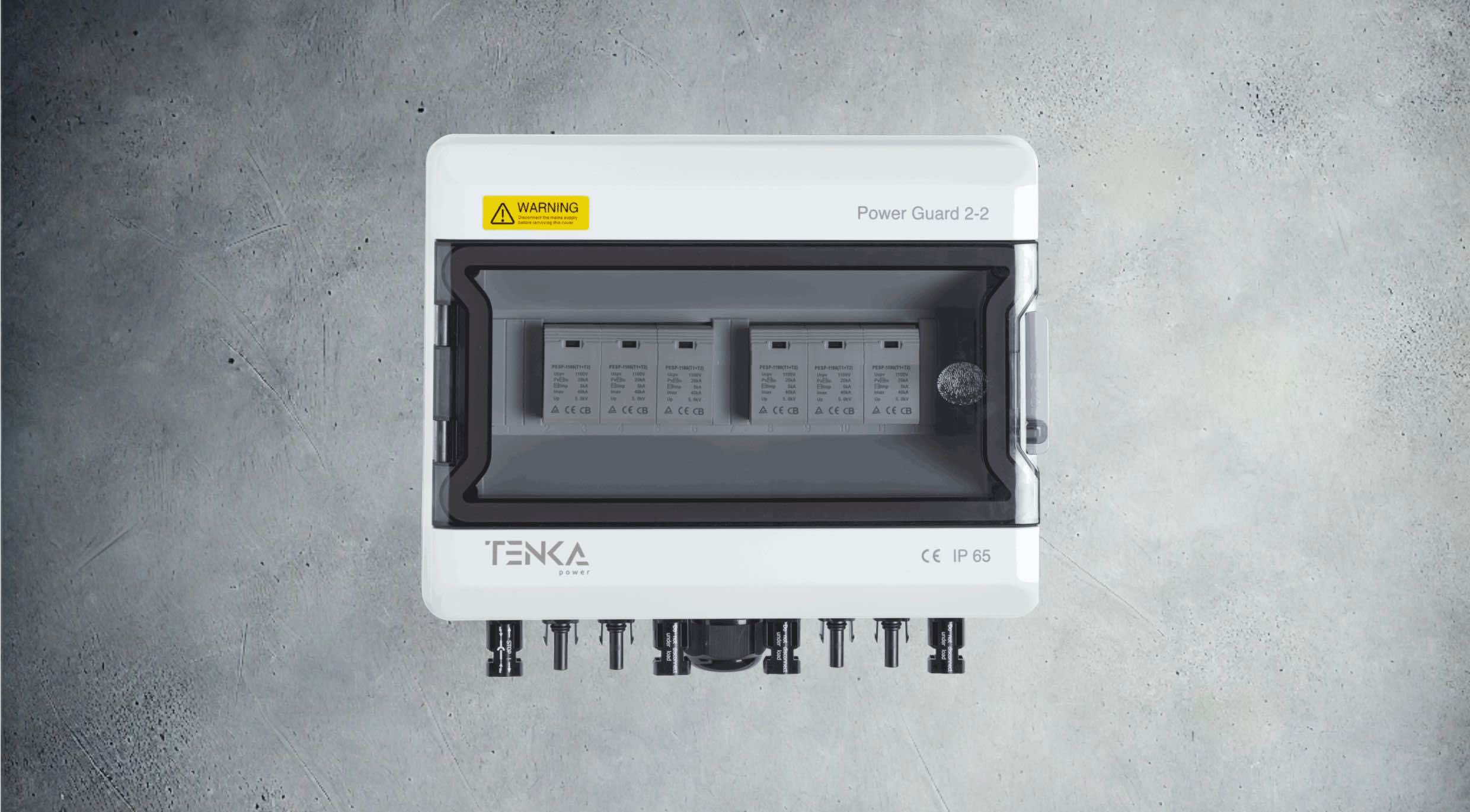Solar cells are a key component of the global energy transition and play a crucial role in accelerating the transition from fossil fuels to renewable energy. By converting sunlight directly into electricity, solar cells provide a clean, sustainable source of energy with zero CO2 emissions. This makes them an essential tool in the fight against climate change.
A major advantage of solar cells is their flexibility. They can be installed on roofs, in solar plants or in open spaces to generate clean electricity without harming the environment. These decentralized energy sources reducedependence on central power grids and create new opportunities for self-determined energy production.
The use of solar cells makes it possible to reduce energy consumption and at the same time reduce dependence on fossil fuels such as coal, gas and oil. This helps to reduce CO2 emissions and combat climate change. In combination with storage technologies and intelligent energy management systems, solar cells can ensure a constant supply of energy, even when the sun is not shining.
Together with other renewable energy sources such as wind and hydropower, solar cells play a key role in creating a sustainable, clean and climate-friendly energy system. Their continuous further development ensures that the energy transition progresses faster and the share of renewable energies increases worldwide.
In the Tenka Power service area you will find all relevant information and useful links to quickly access the most important topics. Whether you have questions about our products, want to start a career with us or need help using your PV systems - you've come to the right place.
